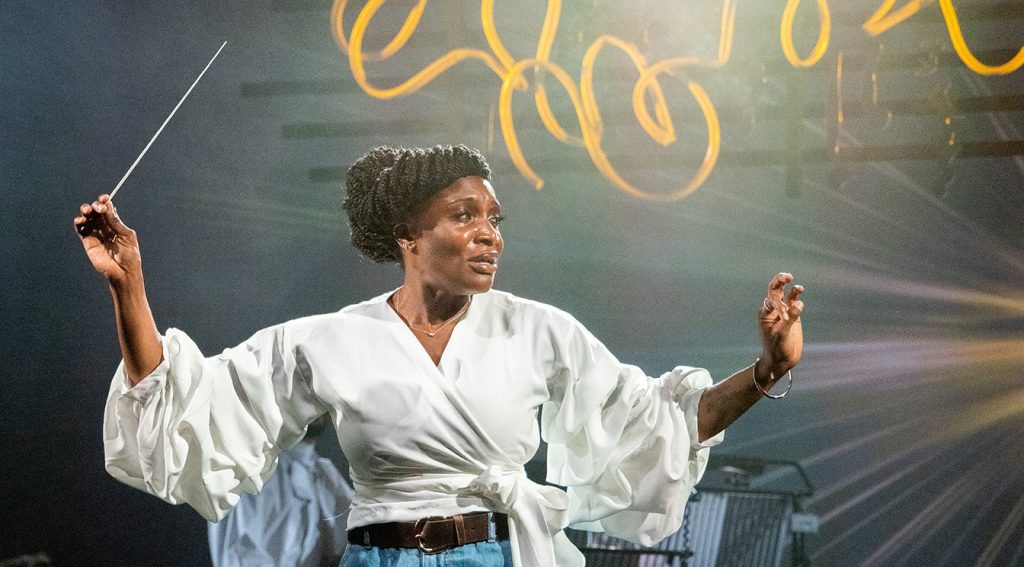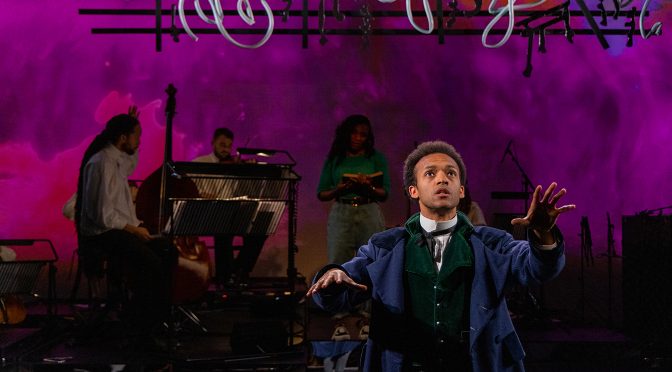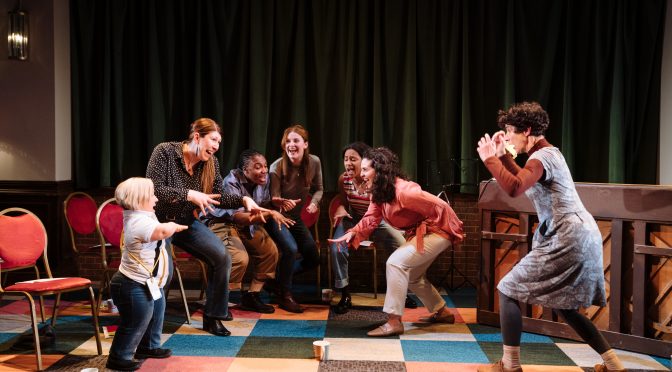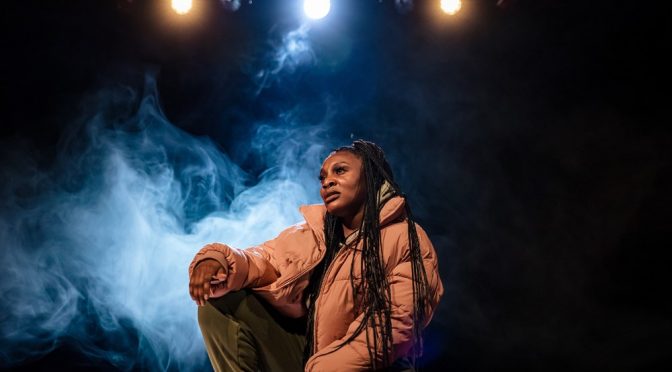The Black British 19th-century composer Samuel Coleridge-Taylor was a huge success in his day but has since been neglected. Playwright Amanda Wilkin uses his fascinating history, driven by the desire to give the man the recognition of her play’s title, to great effect.
First, the history, because I’ll admit that’s what attracted me. The story is super – the fact that Coleridge-Taylor lived in Croydon is a boon to the borough during its Year of Culture. Recognition could have more detail. But if it feels some opportunities are lost (especially around Coleridge-Taylor’s family), what we do see is well done. The storytelling is aided by a talented cast headed by a superb performance from Paul Adeyefa as the composer.

Now for a bigger project, Wilkin has a clever move that is admirably, imminently, theatrical. Alongside the history runs the story of a young music student called Song played by Kibong Tanji. It is through her research that we learn about Coleridge-Taylor. But Song’s story is just as important – it is through the inspiration he offers her that recognition will come. And it is with this vital, living, concern that Wilkin hopes to inspire the audience.
Showing the stories in parallel leads to praise for director and choreographer Rachael Nanyonjo, credited as co-creator of the show. The achievement isn’t just in keeping the stories clear, but in having them complement each other. Both lives are weaved together by the cast taking on a clever mix of roles, but also by movement and the use of music, including a new composition by Cassie Kinoshi.
The sense of support Song obtains from the past is palpable. All of this is reflected in a strong performance from Tanji, who shows the tension provided by Song’s “inner critic” as well as a powerful sense of conviction that brings events in the play right up to date. Tanji also provides a sense of excitement about music that is essential and might otherwise have been lacking throughout much of the piece. The interactions between Song and Coleridge-Taylor make for a stirring finale and the strongest moment theatrically.
Until 24 June 2023
www.talawa.com/productions/recognition
Photos by Gifty Dzenyo



